Library
Jane Szokolik
Library Technician
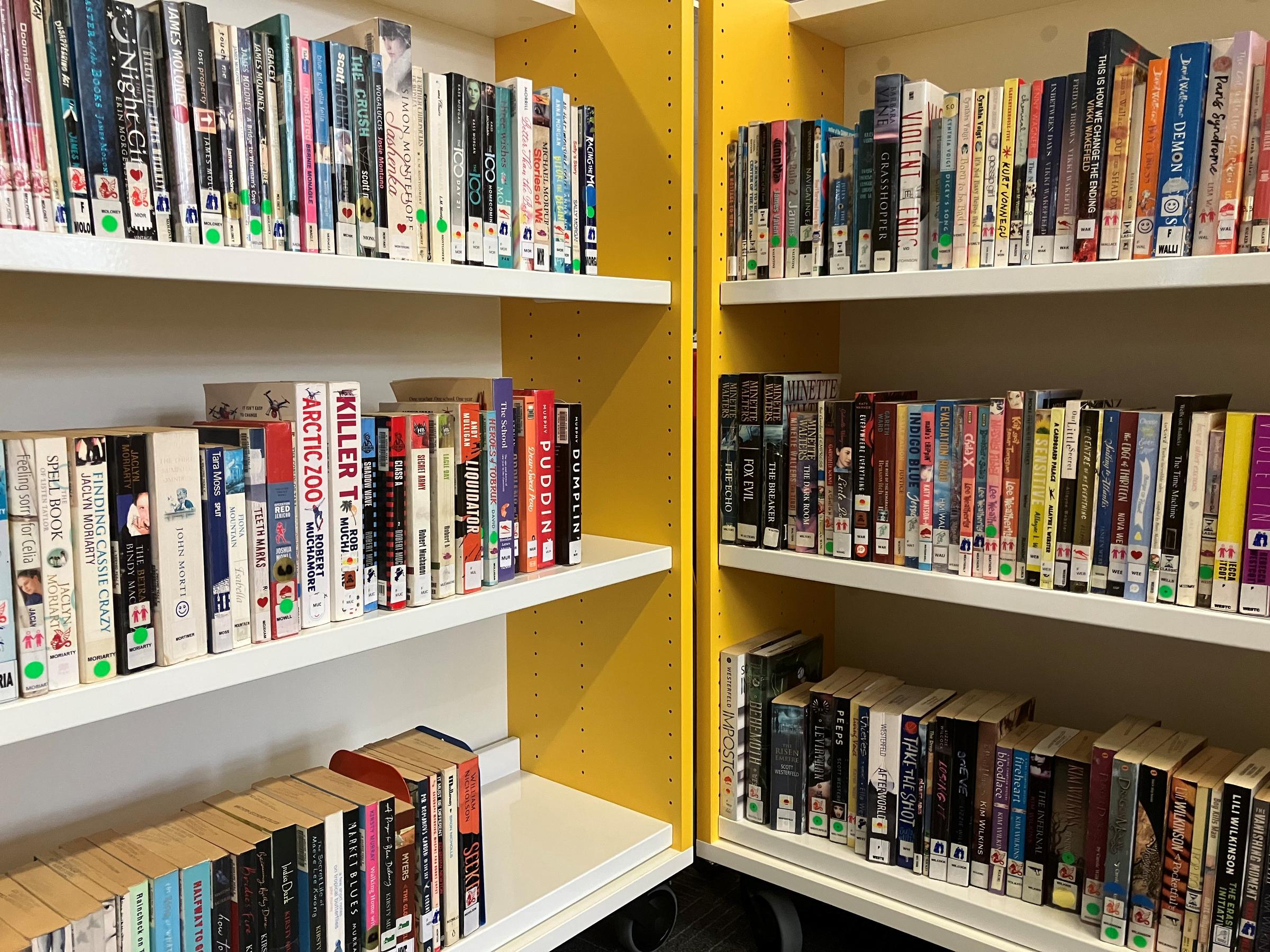
Library
Jane Szokolik
Library Technician
In preparation for the commencement of our IB program in 2023, the library now has a growing non-fiction collection of associated resources covering a variety of interesting topics. Below is a sample:
Arithmetic by Paul Lockhart
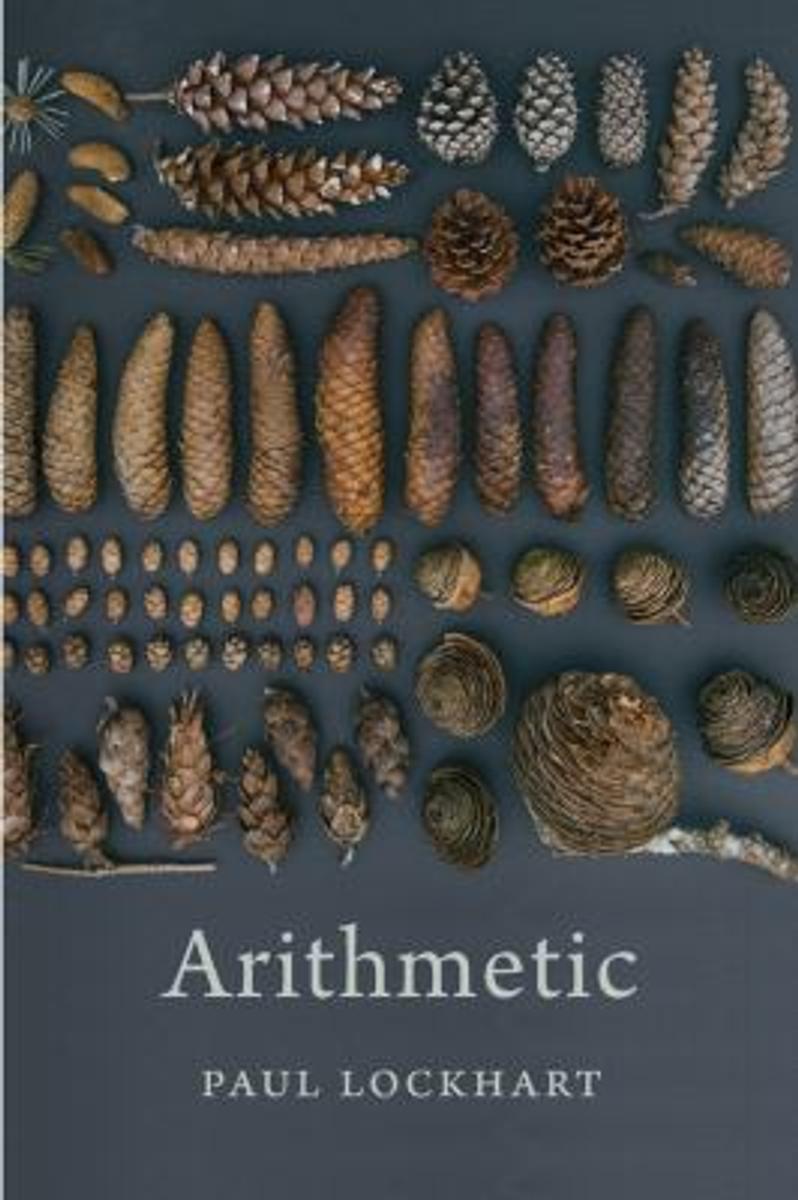

Educator Paul Lockhart's goal is to demystify arithmetic: to bring the subject to life in a fun and accessible way, and to reveal its profound and simple beauty, as seen through the eyes of a modern research mathematician. The craft of arithmetic arises from our natural desire to count, arrange, and compare quantities. Over the centuries, humans have devised a wide variety of strategies for representing and manipulating numerical information: tally marks, rocks and beads, marked-value and place-value systems, as well as mechanical and electronic calculators.
Astrophysics for People in a Hurry by Neil de Grasse Tyson
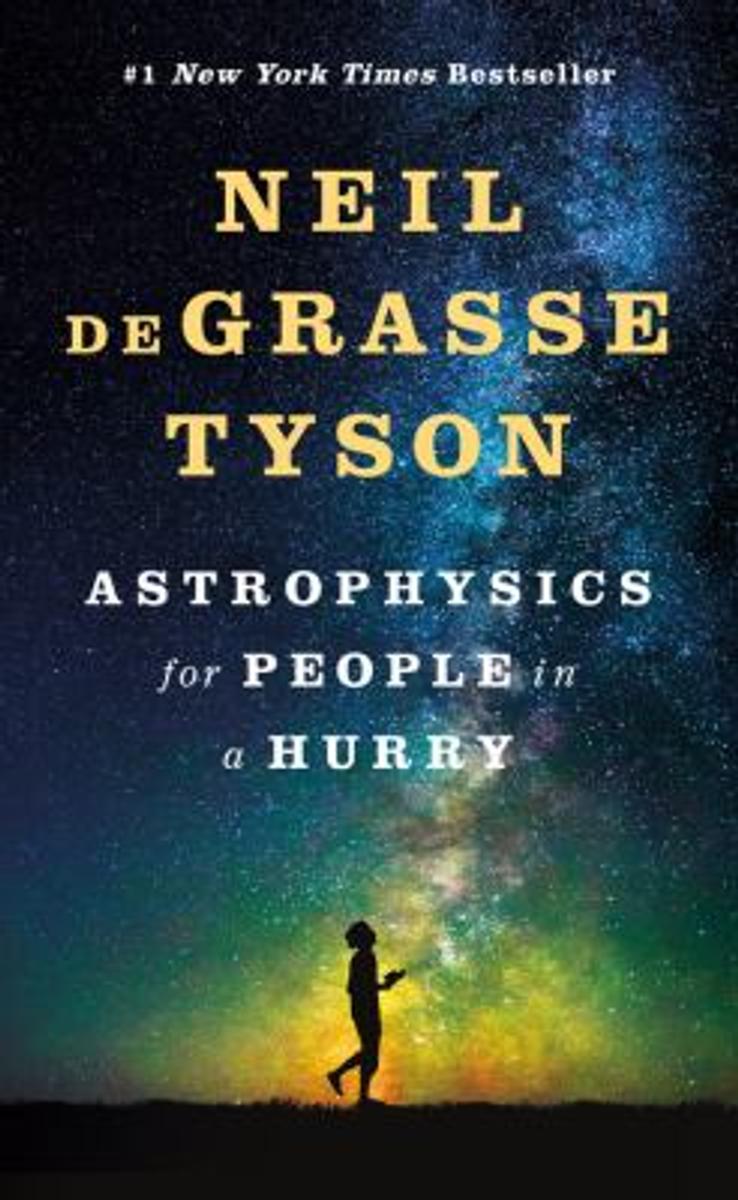

What is the nature of space and time? How do we fit within the universe? How does the universe fit within us? In this book Tyson brings the universe down to Earth succinctly and clearly, with wit, in digestible chapters consumable anytime and anywhere in your busy day.
The Big Switch by Saul Griffiths
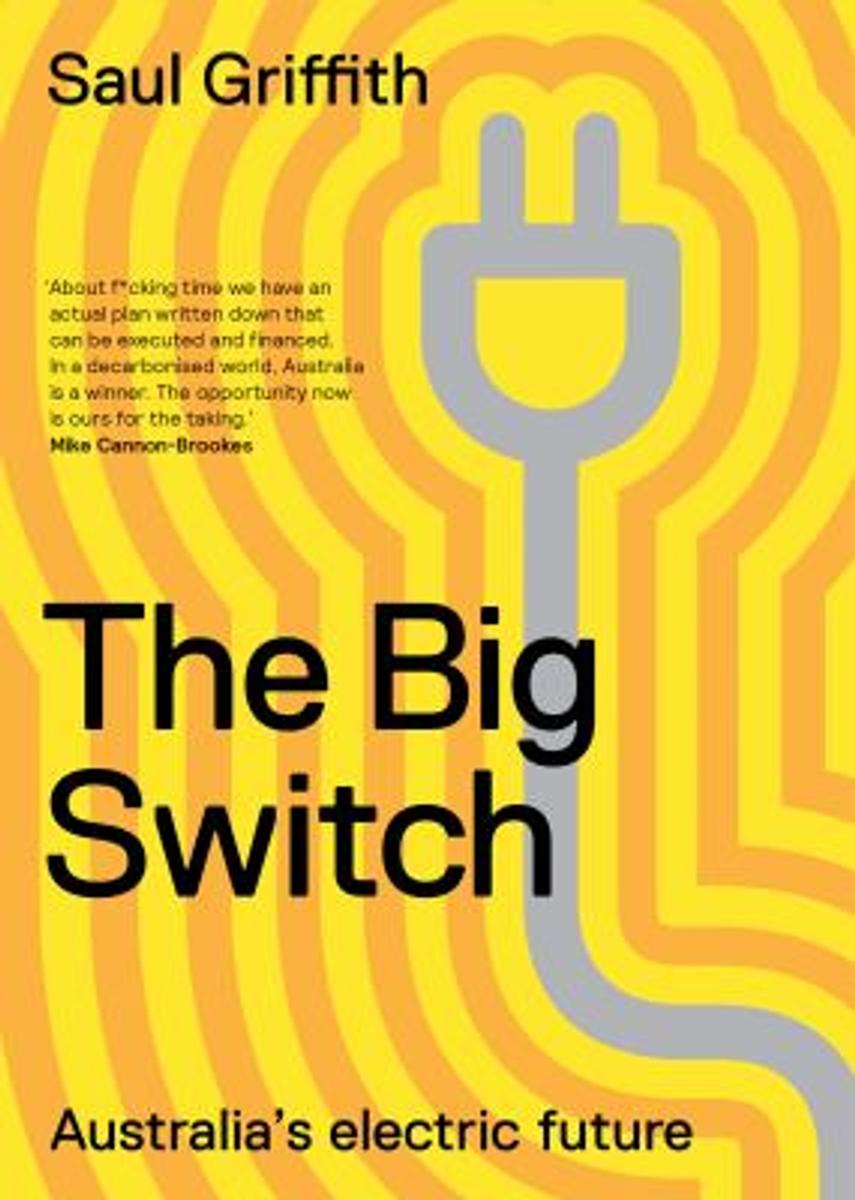

An inspiring, practical plan to transform Australia's energy system and supercharge our response to the climate crisis. An optimistic but realistic and feasible action plan for fighting climate change while creating new jobs and a healthier environment. Climate change is a planetary emergency. We have to do something now, but what? Griffith lays out a detailed blueprint for fighting climate change, while creating millions of new jobs and a healthier environment.
The Matter of Everything: Twelve Experiments that Changed our World by Suzie Sheehy
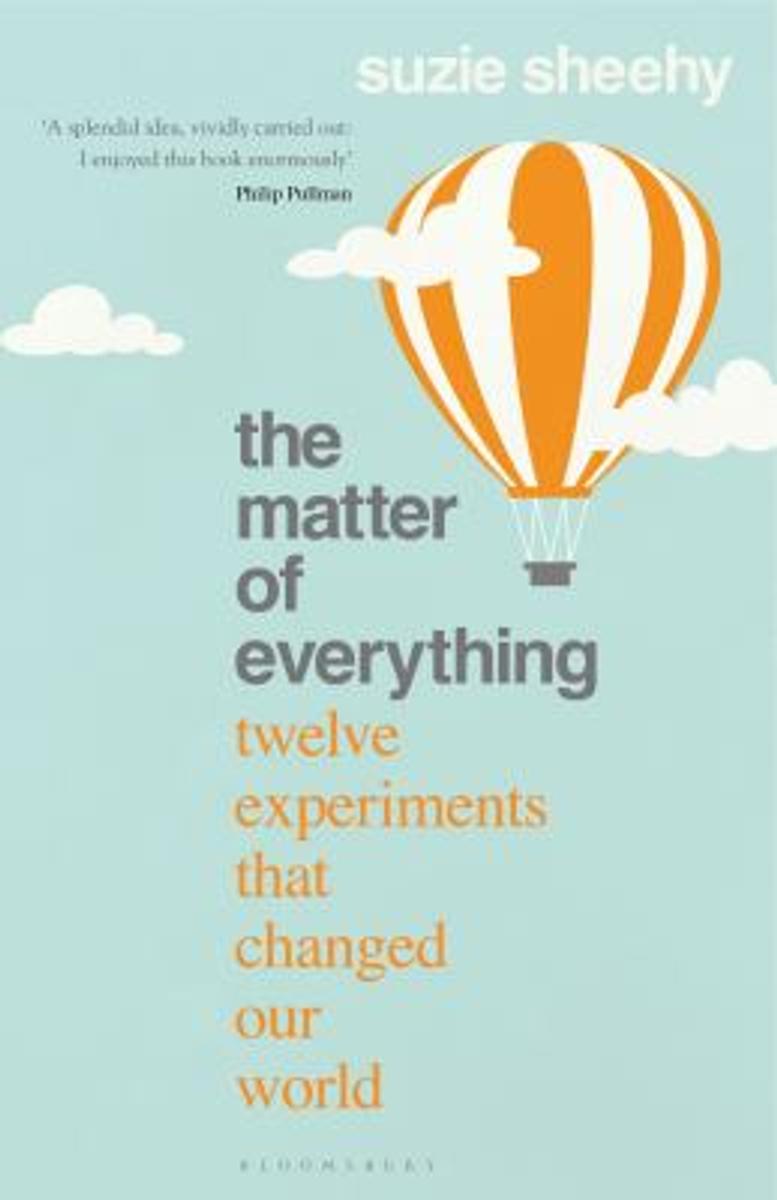

Accelerator physicist Suzie Sheehy introduces us to the people who, through a combination of genius, persistence and luck, staged the ground-breaking experiments of the twentieth century that changed the course of history. From the serendipitous discovery of X-rays in a German laboratory, to the scientists trying to prove Einstein wrong (and inadvertently proving him right), to the race to split open the atom, Sheehy shows how our most brilliant, practical physicists have shaped innumerable aspects of how we live today. Radio, TV, the chips in our smartphones, MRI scanners, radar equipment and microwaves, to name a few: these were all made possible by their determination to understand, and control, the microscopic.
Facts and other Lies: Welcome to the Disinformation Age by Ed Coper
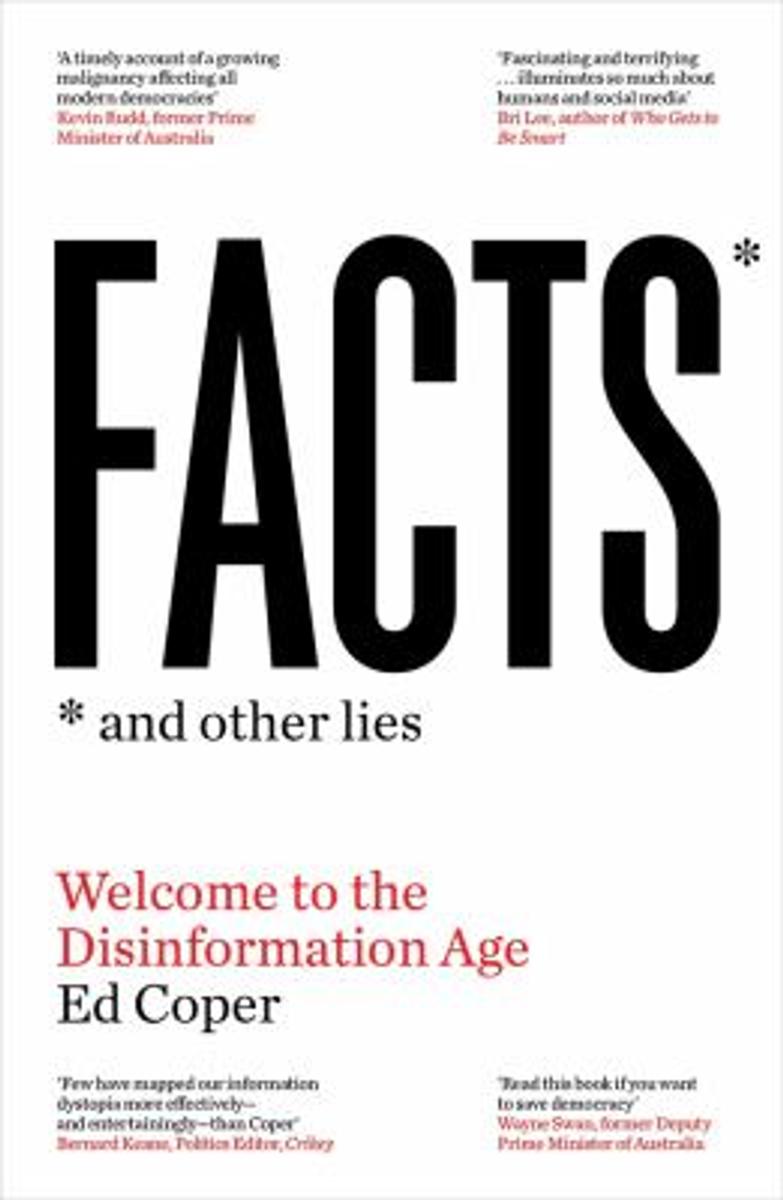

From fringe conspiracy theories to 'alternative facts', a timely look at how we arrived in the 'fake news' era. Would your younger self, even from a few years ago, believe the news of today?
The Future is Fungi by Michael Lim
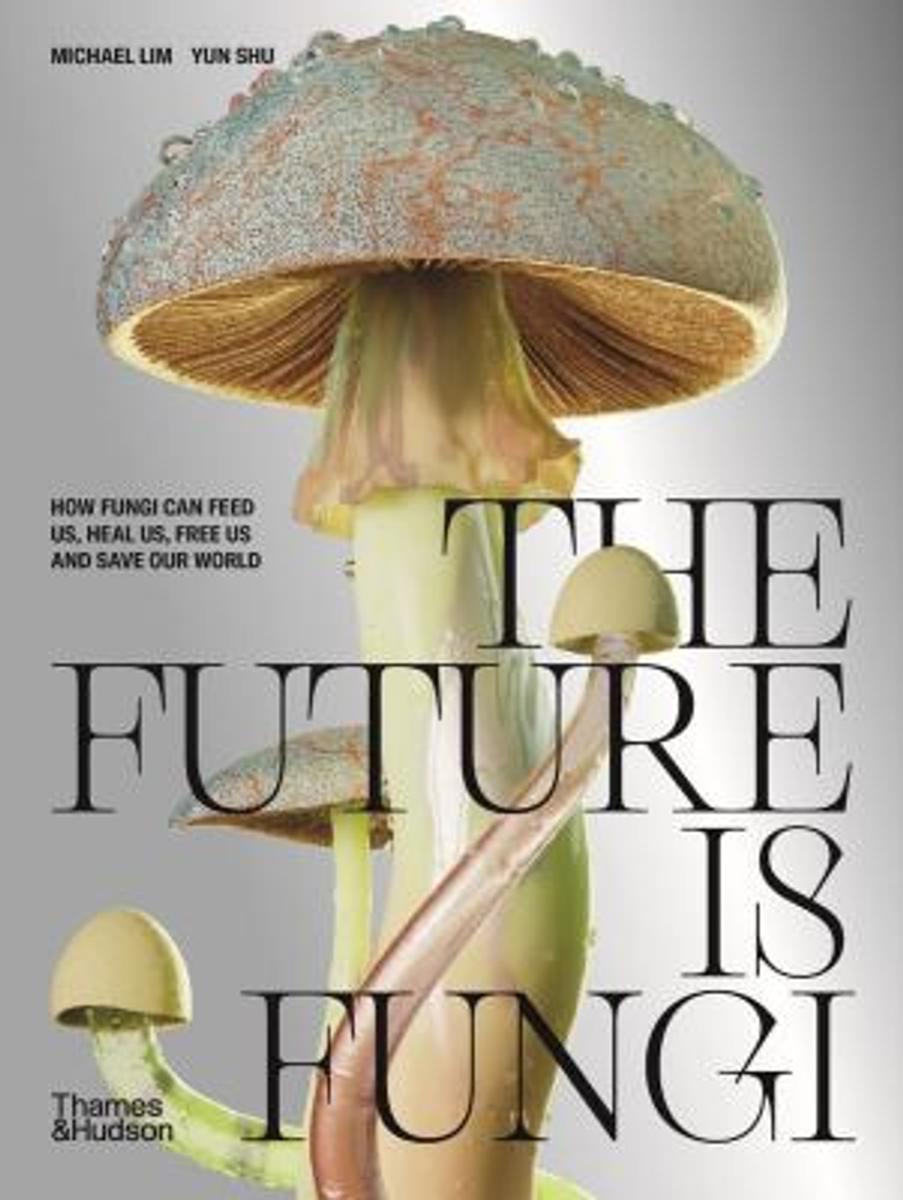

The kingdom of fungi has survived all five major extinction events. They are the architects of the natural world, integral to all life. They sustain critical ecosystems, recycling nutrients and connecting plants across vast areas, and help to produce many staples of modern life, such as wine, chocolate, bread, detergent and penicillin. Today, in the face of urgent ecological, societal and spiritual crises, fungi are being engineered to grow meat alternatives, create new sources of medicine, produce sustainable biomaterials, remediate the environment and even expand our collective consciousness. Exploring their past, present and potential future impact in four key areas - food, medicine, psychedelics and mental health, and environmental remediation - this book not only reveals how fungi have formed the foundations of modern life but how they might help shape our future.